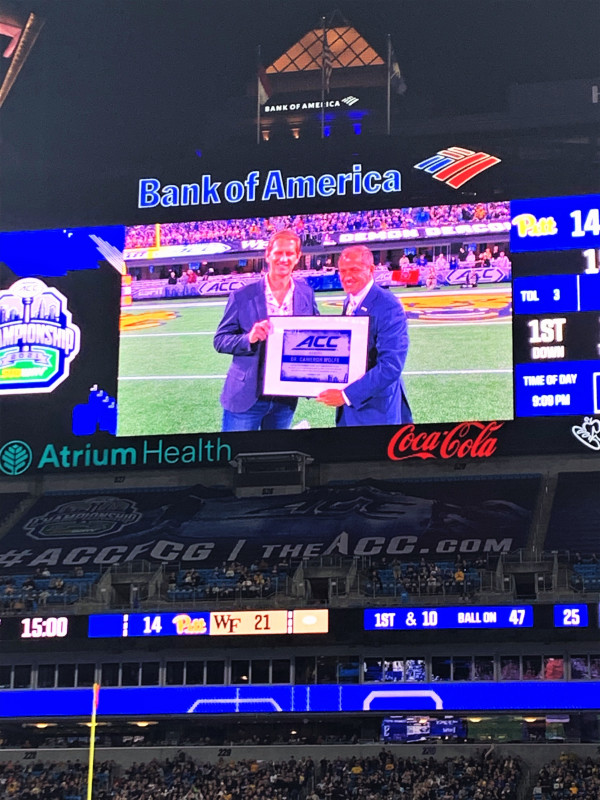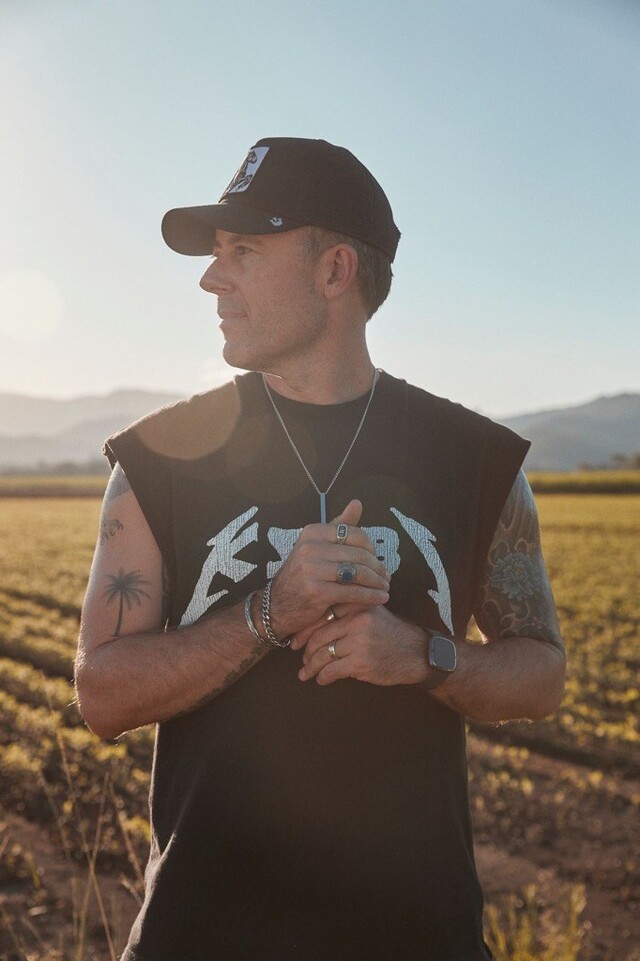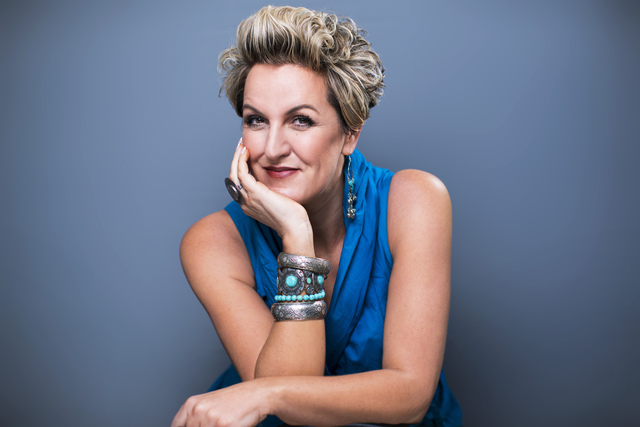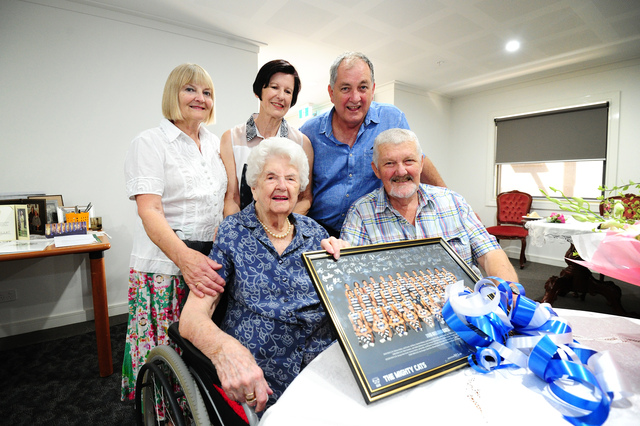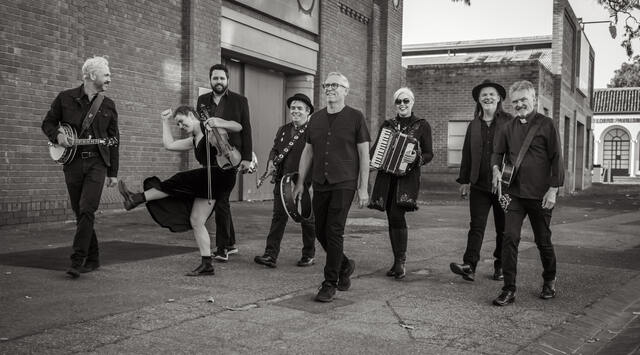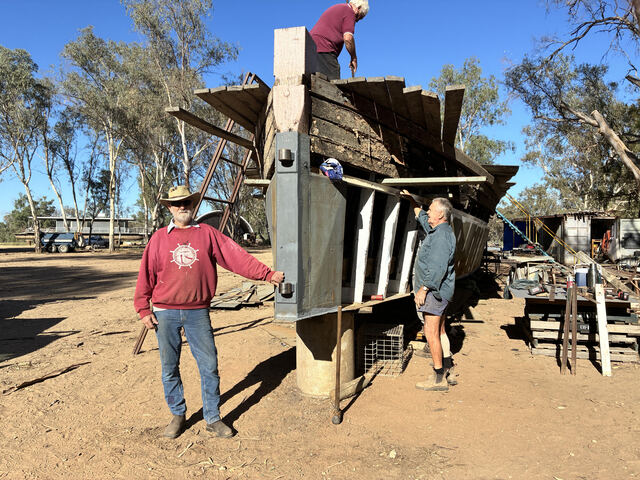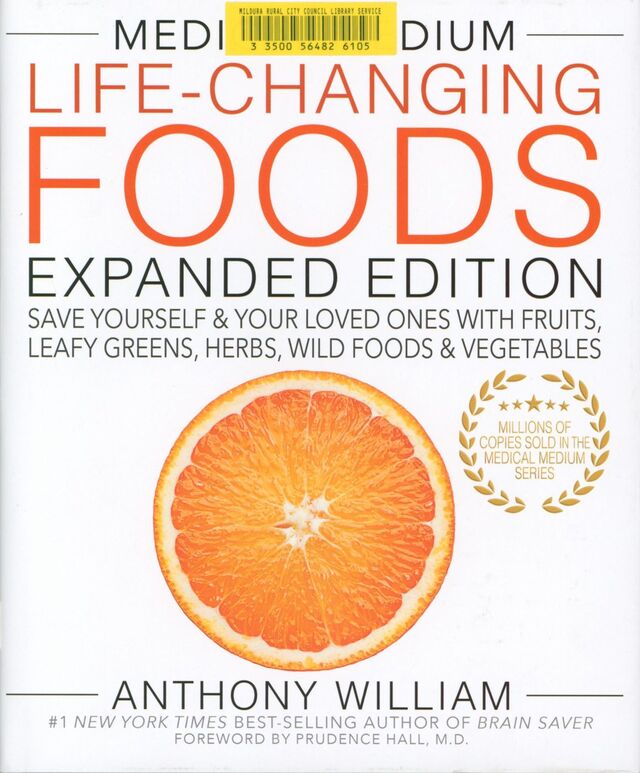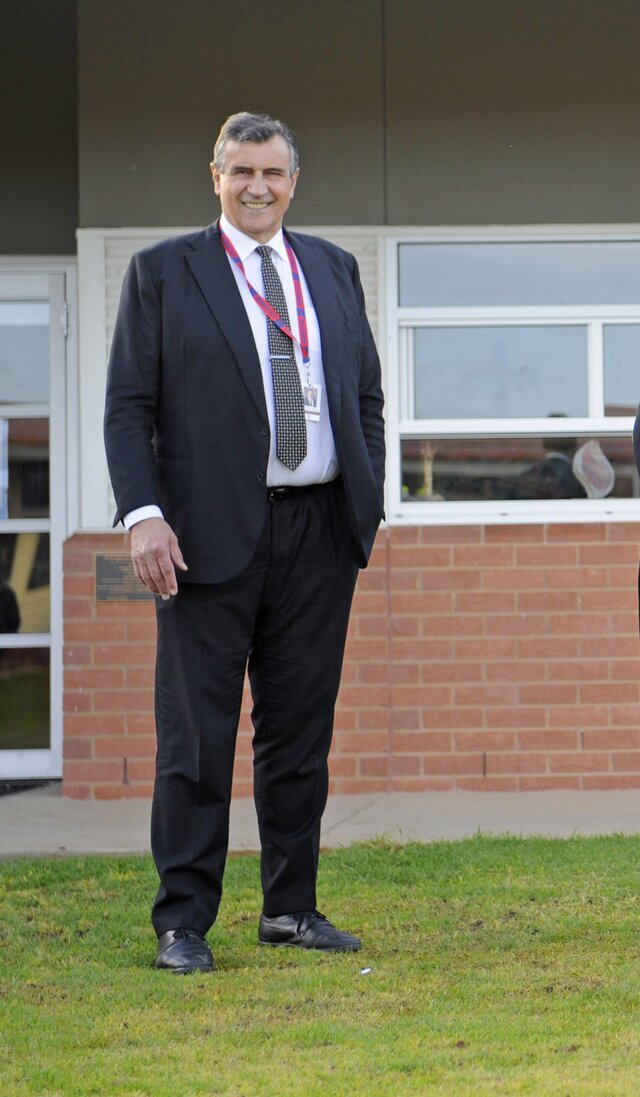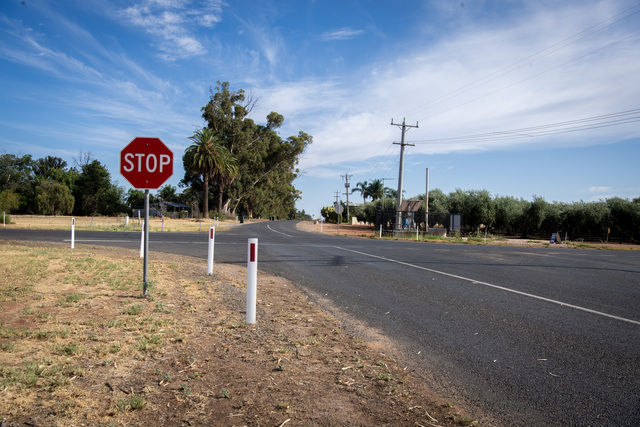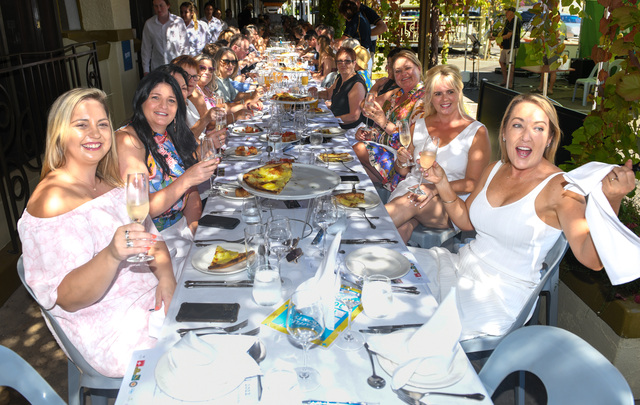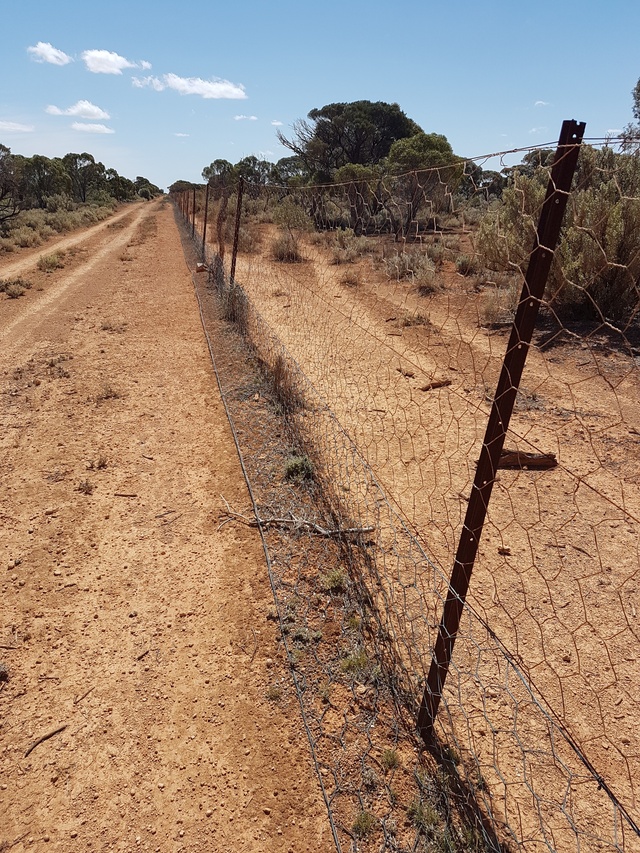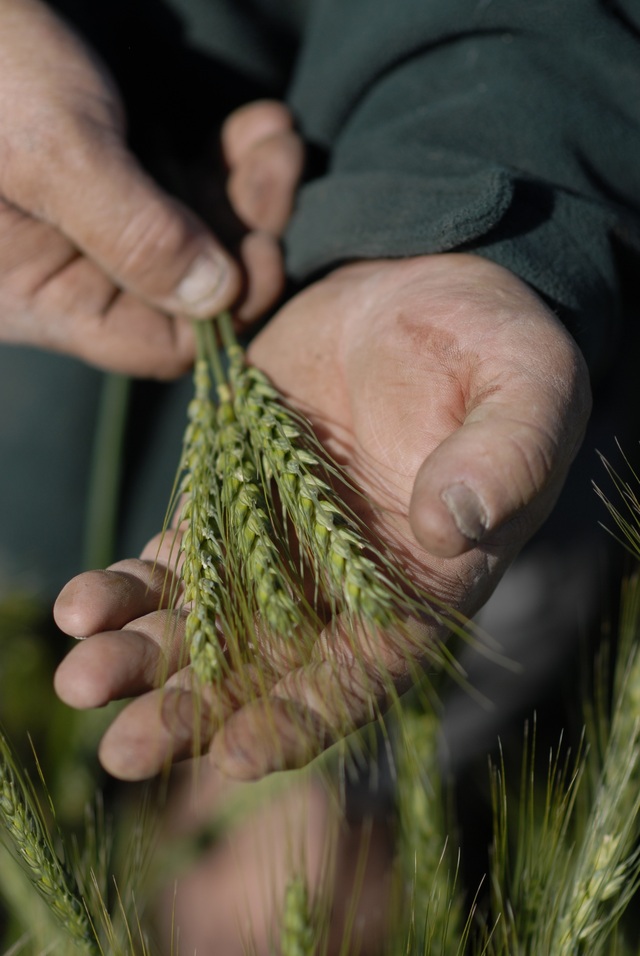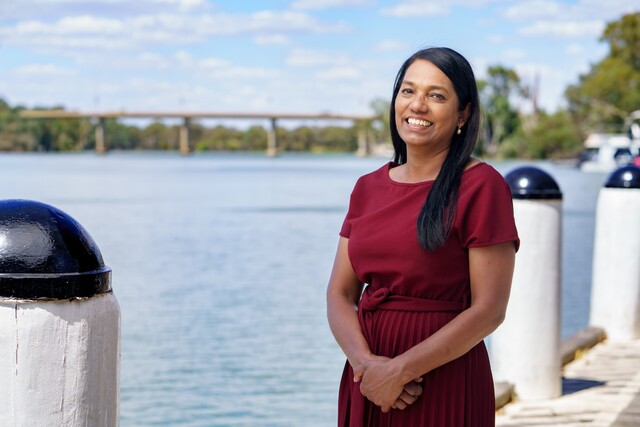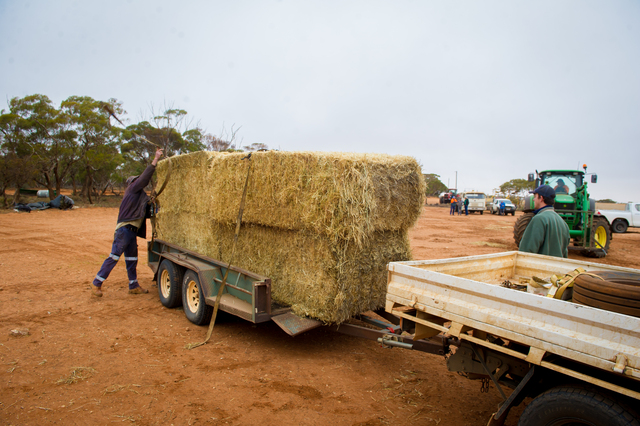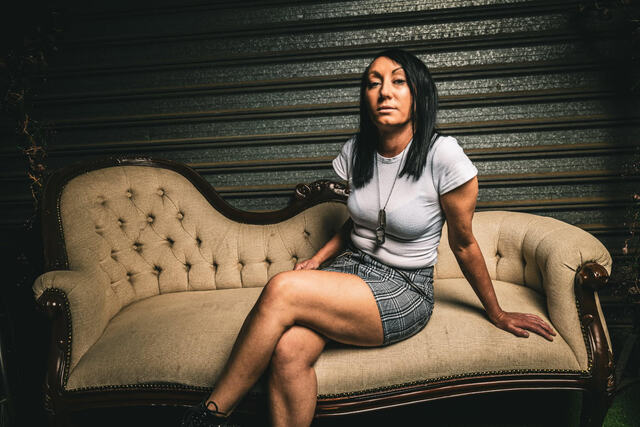TOLD that his home town of Red Cliffs had become a rallying point for anti-vaxxers and COVID-19 sceptics, Dr Cameron Wolfe sighed and said that news was “sad, to be honest”.
Now an infectious diseases specialist and COVID taskforce leader with the renowned Duke University Hospital in the US state of North Carolina, Dr Wolfe believes the downside of Sunraysia being “so spared” from the worst of the pandemic is that some people can feel it’s not serious and won’t affect them, but that they’re wrong.
“If you’ve never seen anyone get sick and all you’ve experienced is lockdowns and the economic hardship that comes with the mitigation that Australia put in place, and you continue to believe that if you’ve managed to avoid this for 20 months … then that may appear to be a rational enough decision for you,” he told Sunraysia Daily from the US this week.
“But I would say to those folk that their ability to continue to avoid this is incredibly limited.”
Dr Wolfe was home in Australia when the pandemic began last year and had to rush home before the US border closed.
He’s since been at the forefront of both the fight against the virus and efforts to move forward out of the pandemic era.
He was this week recognised, in front of a college football crowd of 60,000 people, for his work in getting university sports teams back on the field safely, and his medical team also made world headlines for developing an antibody test that can identify how well a person can withstand different strains of COVID, opening doors to more effective treatments and even pre-screening of the natural resilience of uninfected people before they travel to high-infection parts of the world.
This work is all about moving forward from the worst of the pandemic, but the former St Joseph’s College student says the virus is here to stay and that vaccination is the means by which to manage it.
“This is endemic and will be with us for a long time,” he said.
“Can we reach a point when the severity is so reduced because we’ve all hopefully been vaccinated or, hopefully not, infected, and then carry enough immunity with us from different variants that in fact it makes subsequent infections much more mild? That, I think, is where we’re getting to.”
Barclay Square in Red Cliffs has become a meeting point for opponents of vaccination, who regularly hold “freedom picnics” to hear speakers rail against the vaccine program as an infringement of liberty, or even a health risk in itself. Dr Wolfe implored those people look at experiences elsewhere.
“You’ve been so spared (in Sunraysia) from the misery that this can bring, that it’s actually easier when people make a decision to support or oppose things like vaccines, because you’ve never seen how bad it gets,” he said.
“I would love to sit down with them and show them what they have been fortunate enough not to have to see.
“We had 200 people filling the beds of our ICUs at one point last year and it was just awful. If you haven’t seen that … I can understand why people think that this doesn’t seem like it’s impactful … in the way that it actually is.”
People holding out from the jab were often “not looking at it from a community-wide perspective”.
“In the United States we will very shortly pass 800,000 deaths. That’s an offensive number. That is more people than have died in 300 years worth of American wars put together.
“If that doesn’t make people sit back, then I can’t convince them, quite frankly,” he said.
Dr Wolfe said he had watched dozens of people become critically ill and die and the anti-vax sentiment within patients’ families disappeared at that point.
“You can’t beat any drums at that stage. As soon as you see someone that is sick in front of you, all of those misconceptions drain away. They know that they’ve miscalculated their risk at that point,” he said.
“I am changing my discussion from ‘Here are the reasons why you should get vaccinated’ to ‘look, if you choose not to, you need to start contemplating what it’s going to look like when you become infected, who’s going to become the breadwinner for your family, who is going to look after your kids or your spouse when you’re sick, who runs your restaurant when you’re out for two weeks, or recovering for three or four weeks from long COVID symptoms, what are you going to do when that happens?’
“It’s no longer a discussion, really, about if you get sick, it’s a matter of when.
“People need to wrap their head around the idea that getting vaccinated against COVID is a community-based decision. You’re doing it not only for you, but to stop the transmission chain in your family, your workplace and your community.”
Dr Wolfe is now focused on the rise of the Omicron variant, which he says is clearly more transmissible than previous variants.
“What we don’t know is if it can evade natural immunity or if it can evade vaccine immunity. That is still being learnt,” he said.
“The severity, we don’t know enough about.
“We should know a lot more by Christmas.”

